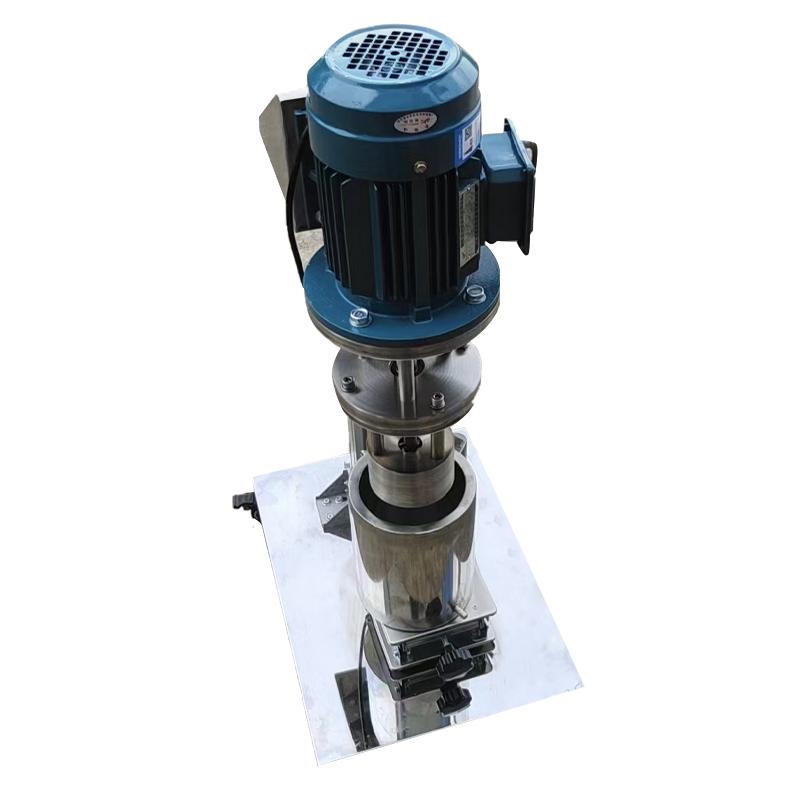Preparation method of epoxy phenolic anti-corrosion coating
Epoxy phenolic coatings: a versatile corrosion protection option
Epoxy phenolic anti-corrosion coating is a special coating made of epoxy resin and phenolic resin. After printing and coating, the coating can be baked at high temperature to form a crosslinked network polymer coating. It has a variety of excellent properties, including resistance to dilute acid, dilute alkali, hydrogen sulfide and resistance to organic solvent penetration. This kind of coating has excellent corrosion resistance and strong adhesion to metal, so it is widely used in the inner wall anti-corrosion protection of various food and beverage metal sheet cans. NBchao Tips: The use of this coating requires high temperature (150~200°C) for curing, but it should not be too thick coating, baking temperature can not be too high, otherwise it will significantly affect the adhesion of the film.
Preparation method:
The preparation method of this epoxy phenolic anti-corrosion coating is relatively simple. First, the reinforced phenolic resin (50% solution) is added to mica iron oxide, four base zinc chromium yellow, aluminum slurry, talc powder and a portion of silicone oil, and then ground and dispersed until a certain fineness is reached. Next, add the epoxy resin, the remaining reinforced phenolic resin (50% solution), and the remaining silicone oil, and mix well.

Preparation method of epoxy phenolic anti-corrosion coating
Scope of application:
Epoxy phenolic coatings are known for their excellent physical and mechanical properties, corrosion resistance, scale resistance, permeability resistance, thermal conductivity, mildew resistance, storage stability and construction performance. It is suitable for a variety of engineering fields and can meet the anti-corrosion and scale resistance needs of equipment such as carbon steel coolers with process temperatures below 200°C.
In short, epoxy phenolic coating is a versatile corrosion protection material, widely used in industrial and food processing fields to extend the service life of equipment, reduce maintenance costs, improve safety performance. Its unique properties and preparation methods make it an important technology in the field of coating. In the future, environmental protection and sustainability will continue to promote the development of anti-corrosion coatings to ensure that various equipment and structures can effectively resist the threat of corrosion and erosion.
